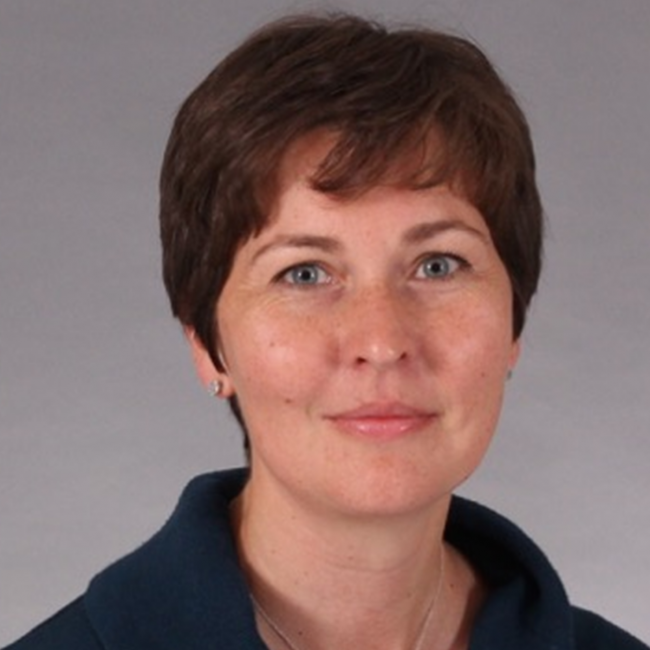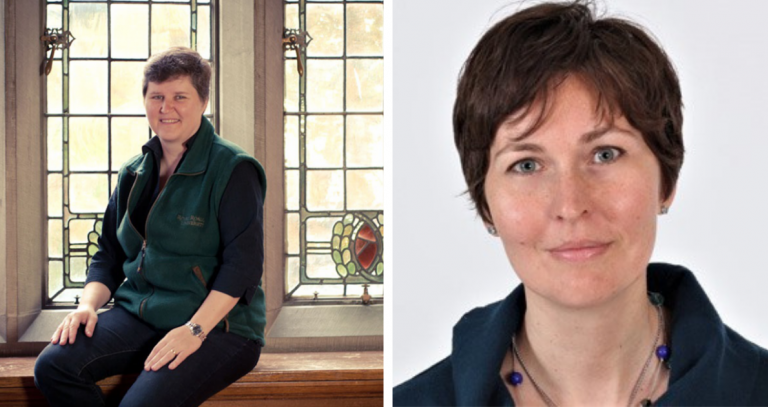Sarah joined RRU-SES in January 2022 and was previously a tenured professor in the School of Environment, Resources and Sustainability (SERS) at the University of Waterloo. Wolfe's work experience includes stints with the United Nations' Food and Agriculture Organization (Rome) in their Water Policy, Development and Management Service along with the International Development Research Organization's (Ottawa) People, Land and Water program. Her South African doctoral field season was hosted by the International Union for the Conservation of Nature's South Africa office in Pretoria. Wolfe has worked as a consultant on multiple water-related projects in both Canada and internationally.
Experience
As a shamelessly interdisciplinary scholar, Sarah draws insights from social and environmental psychology, cognitive-affective science communications studies, and water and environmental governance. She's focused on the affective (emotional) drivers of:
- climate change and water behaviours, ranging from the household to governance dynamics;
- water, wastewater, and climate communications; and
- interdisciplinary environmental education, knowledge retention and behavioural intent.
For information about Sarah's research program, visit Society, Environment and Emotions Lab or her website.
Education
2006
PhD
University of Guelph
2000
MA
University of Toronto
1999
BA
University of Guelph
2008
Post-Doctoral Fellow
University of Waterloo
Awards
2022
Kelly New Teacher award
Royal Roads University
2021
2021 The Affective Load of Sustainability Education: The implications of emotion for students’ engagement and knowledge retention; $197 200.
SSHRC Partnership Development Grant (PI; 100% funded).
2019
Stronger than fear: awe, ritual, identity, and water decisions, $72 274
SSHRC Insight Development Grant (PI; 98% funded).
2018
Do mortality reminders influence our water decisions? A new variable for the era of climate change, drought, and uncertainty, $125 650
SSHRC Insight Grant (PI; 100% funded).
2014
Cognition and Terror Management Theory in water decision-making on policy and infrastructure development, $22 000.
SSHRC Connection Grant (PI; 100% funded).
2012
Cognition and Terror Management Theory in water decision-making on policy and infrastructure development, $74 884.
SSHRC Insight Development Grant (PI; 100% funded).
2011
Song my paddle sings: gender, work, and practices in the Canadian water policy community, $41 770.
SSHRC Standard Research Grant (PI; 28.5% funded).
2008-6
Building toward water efficiency: policy innovations and education in new and existing home builders (total: $194 010 from multiple awards supporting post-doctoral research).
/
2003
Doctoral Research Award, $59 000
Social Sciences and Humanities Research Council.
Research
Research interest
Behaviour
Emotions
Water
Publications
Wolfe, S.E. and Stephen Grundy (2023). Fewer students are enrolling in environmental studies - how do we stop this trend? Globe and Mail. July 17th, 2023. Opinion: print & https://www.theglobeandmail.com/opinion/article-environmental-studies-are-on-the-decline-how-do-we-stop-this-trend/
Smith, L., Ross, H., Shouldice, S and Wolfe, S. (2022) “Mortality management and climate action: A review and reference for using Terror Management Theory methods in interdisciplinary environmental research.” WIREs Climate Change.
Wolfe, S.E. (2020). “To understand coronavirus transmission, we have to understand our wastewater.” Globe and Mail. March 21, 2020. Opinion: print & https://www.theglobeandmail.com/opinion/article-to-understand-covid-19-transmission-we-have-to-understand-our/
Wolfe, S.E. (2019). “Flush your disgust. We can’t let emotions dampen our water policies.” Globe and Mail. March 22, 2019 (World Water Day) Opinion: print & https://www.theglobeandmail.com/opinion/article-flush-your-disgust-we-cant-let-emotions-dampen-our-water-policies/
Wolfe S.E. and A. Tubi (2018). "Terror Management Theory and Mortality Awareness: A Missing Link in Climate Response Studies?" WIREs Climate Change. https://doi-org.proxy.lib.uwaterloo.ca/10.1002/wcc.566
Lynes, J. and S.E. Wolfe (2017).“It’s time to rethink our messaging about environmental change” Globe and Mail. Report on Business. May 7, 2017 https://www.theglobeandmail.com/report-on-business/rob-commentary/its-time-to-rethink-our-messaging-about-environmental-change/article34914924/
Wolfe, S.E. and D. Brooks (2016). “Mortality awareness and water decisions: A social psychological analysis of supply management, demand management and soft path paradigms.” Water International. https://doi.org/10.1080/02508060.2016.1248093
Wolfe, S.E. (2016). “Sounding the water alarm will backfire thanks to human nature.” Globe and Mail. March 22, 2016 (World Water Day)Opinion. https://www.theglobeandmail.com/opinion/sounding-the-water-alarm-will-backfire-thanks-to-human-nature/article29315519/
Wolfe, S.E. (2012) “Water cognition and cognitive affective mapping: identifying priority clusters within a Canadian water efficiency community.” Water Resources Management. 26(10): 2991-3004
Wolfe, S.E and E. Hendriks (2011). “Building Towards Water Efficiency: The influence of capacity and capability on innovation adoption in the Canadian home-building and resale industries.” Journal of Housing and Built Environment. 26(1): 47-72
Wolfe, S.E. (2009). "How to keep women on the career ladder." Globe and Mail. December 23rd: Opinion: print & https://www.theglobeandmail.com/opinion/how-to-keep-women-on-the-career-ladder/article1206161/
Homer-Dixon, T. and S.E. Wolfe (2008). "Everything is not Peachy." Globe and Mail. Opinion: print & https://www.theglobeandmail.com/opinion/everything-is-not-peachy/article794050/
Wolfe, S.E. and T. Homer-Dixon (2003). “The matrix of our troubles.” Globe and Mail. August 16: Opinion: print & https://www.theglobeandmail.com/opinion/the-matrix-of-our-troubles/article794051/


